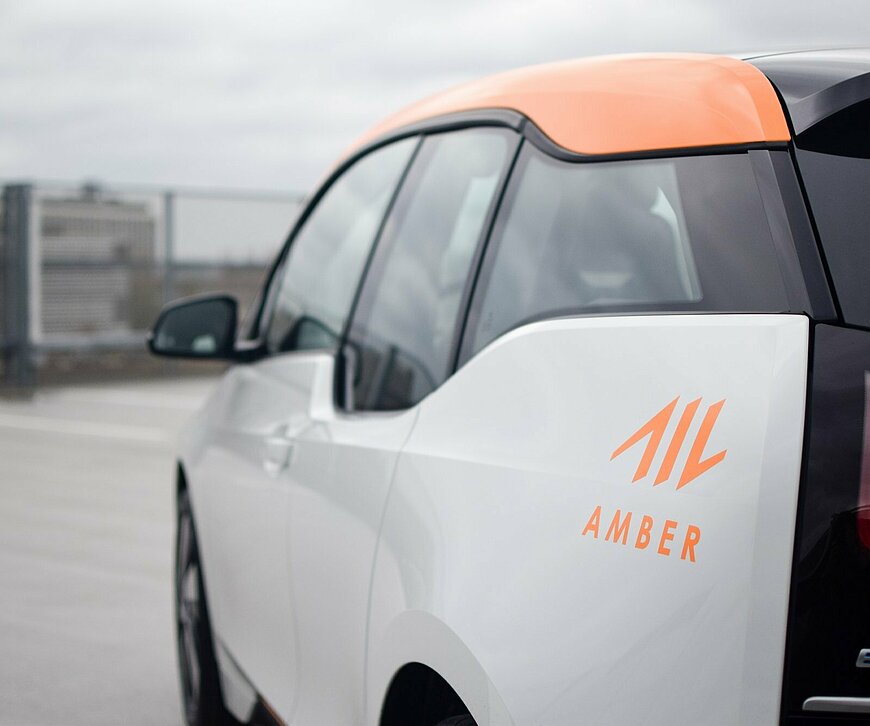TNO and Amber to start up research into optimisation battery lifespan

Research organisation TNO and car-sharing platform Amber will start up a feasibility study together into the optimal use of electric cars. By collecting battery data from the Amber fleet, both parties want to find out if a fleet manager can organise the sharing schedule in such a way that battery lifespan is increased in the long run.
At the moment, availability, planning and battery charging levels determine the charging schedule and use of cars in a fleet. A customer is offered a car that is sufficiently charged for the ride at hand; de age of the battery is not part of the equation. Both Amber and TNO want to see whether a sharing schedule that does take the battery’s age into account can contribute to increasing battery quality in the long term.
Impact on operating costs
With the knowledge acquired, fleet managers such as Amber could, from day 1, aim to offer those vehicles that have the longest battery lifespan in the entire fleet. This could also contribute to a better estimate of the value of the battery towards the end of a lease contract – and maybe make it possible to continue driving with one battery pack for longer. The battery of an electric vehicle represents a large part of the total cost price; in the case of Amber’s BMW i3s this is 20%. Therefore improving battery lifespan could have a major impact on the operating costs of electric cars.
Profits to be gained
Project leader Roel de Natris, TNO: “We have to understand what will be relevant in the future and preferably put it into practice today. We know that electric cars will become more important in the coming years and that a lot of profit can be gained from optimising battery use. To us, Amber is the ideal organisation to study the feasibility of that goal. We want to use the results of this study to help Amber and other parties to make better-substantiated choices.” TNO aims to connect this project, which is managed from Helmond, with other European research in this area.
Joep Sloot, CTO at Amber, hopes to gather data from the study that will allow his fleet managers to keep the remaining battery capacity as high as possible over the course of the years. “As the owner of one car, you are limited in your capability to influence the lifespan of the car’s battery, as you always want to be able to drive it. As a fleet manager, we have the advantage that we do not have to keep all cars charged all the time. We are therefore looking for those scenarios that will help us charge and offer the right cars at the right time. In addition, we want to set up management in such a way that we will still see high performances after five years. We had been in touch with TNO before, so when they came to us with this study, we were able to strike the iron when it was hot.”
Implementation of the scenarios
The feasibility study runs until mid-June 2020. In order to collect the data, 30 Ambers are equipped with a measuring device that is connected to the battery. The selected vehicles are average in age, the intensity of use and distances driven. The collected data is not linked to any data of the car’s users. After the study, both TNO and Amber will determine whether the results are valuable enough for a concrete implementation of the various usage scenarios. The project is part of the DKTI2019 rule of the Dutch Ministry of Infrastructure and the Environment.